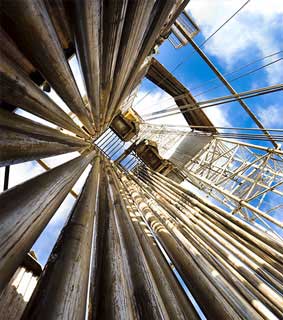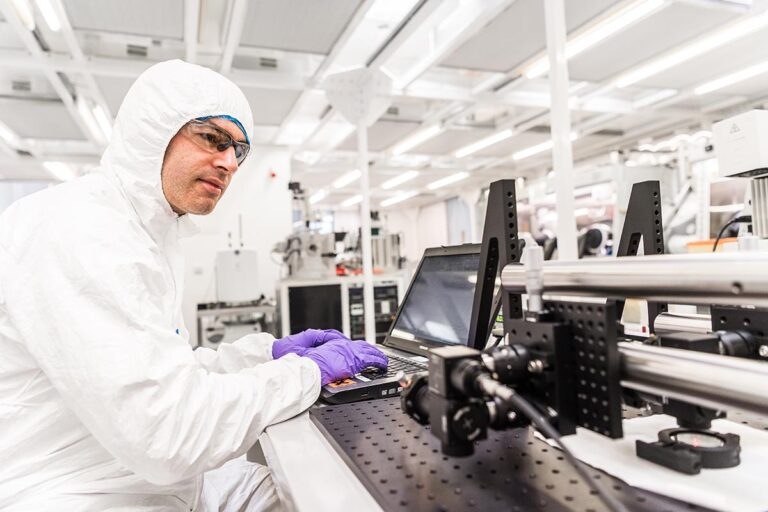Northbridge Industrial Services plc (LON:NBI), the industrial services and rental company, has announced the following positive trading update for the year to date. Additionally, the range of near- and medium-term strategic opportunities continues to increase.
Although the pandemic continues to influence the business, its markets, and customer activity, it is pleasing to see that the impact on the Group continues to reduce as the year progresses. Overseas, as expected, international travel restrictions are still causing some delays to project start dates, but local activity in China, Australia and New Zealand has returned to normal, and business in the USA continues to be active. Crestchic rental activity in Europe, the UK, and the USA is largely back to pre-covid-19 levels. Factory output was briefly impacted in the fourth quarter after a small number of employees tested positive or needed to self-isolate, but Northbridge’s contingency plans contained the outbreaks, which therefore did not have a material effect on profitability.
Trading update
Following a good and profitable first quarter for the Group, the second quarter, as previously announced was the most severely affected by the lockdowns. Northbridge experienced some stability returning to the markets during the third quarter, and it was pleasing to see some particularly good progress towards normality in the fourth quarter to date. This is especially noticeable at Crestchic, the Group’s power reliability business, where routine testing has been buoyant and two large rental projects, in leisure and utility power support in Europe and the USA, were undertaken. Tasman’s performance in a market impacted by international travel restrictions and lower energy prices, was resilient, and trading will be ahead of 2019. Overall, the Board confidently expects the Group to be profitable for the year as a whole before exceptional costs. For the third year in a row we expect to start 2021 with a record new-year order book for the sale of loadbanks and a backlog of enquiries for rental projects.
Continued market repositioning of the Group
There is a renewed sense of urgency from national governments to move quickly to a sustainable Net Zero Carbon by 2050, and this has been enhanced by plans to “build back greener” following Covid-19 and the increasing global focus and regulation on ESG measures.
Crestchic’s reliance on customers from the oil and gas industry has decreased naturally over the past five years, as growth in its power reliability markets in advanced economies continues and new services are added to its portfolio.
The addition of multiple renewable power generation sources to national grids and other fragmentation issues will lead inevitably to reliability concerns for commercial users. This is happening at a time when digitalisation and data capture drive a requirement for 100% power reliability.
Recent expansion in the demand for datacentres has been further accelerated by increased online working and shopping patterns in response to the pandemic. Crestchic’s electrical engineering design and technology capabilities have put the Group in a prime position to increasingly benefit from this rapidly growing demand for reliability and sustainability in the advanced economies.
Whichever power sources and fuels are used for national grids, off-grid power installations and back-up power generators in the future, Crestchic products will be required to test them and, the more complex the systems, the more crucial the testing becomes to ensure a reliable and efficient output.
Crestchic already benefits from some new opportunities where energy storage battery farms are being integrated into the UK grid and require high voltage load tests. Crestchic is also considering an expansion of its service offering to include further work with high voltage systems and batteries. Longer term opportunities are likely to arise for Crestchic when there is a stronger penetration of hydrogen fuel cells into back-up power systems in place of the current reliance on diesel generators.
Tasman’s hire fleet is now predominately used to drill for gas and geothermal fluids rather than oil and, more recently, for carbon capture projects in its main markets in Australasia. Since 2015, Tasman’s revenue has moved away from an 80% dependence on oil exploration to a similar position in gas and geothermal targeted projects. Investment in LNG and natural gas, particularly in its core market of Australia, is set to increase for the immediately foreseeable future, as it is both a key transitional fuel to replace high carbon content alternatives, and a prime component for “blue”-hydrogen (H2) manufacture. Substantial investment is now being allocated by governments to kick start a move towards a hydrogen-based economy.
A substantial proportion of the future capital investment of the Northbridge Industrial Services Group is now targeted towards increasing revenue in these high growth markets related to power reliability where there are longer-term opportunities with higher returns on capital.






































